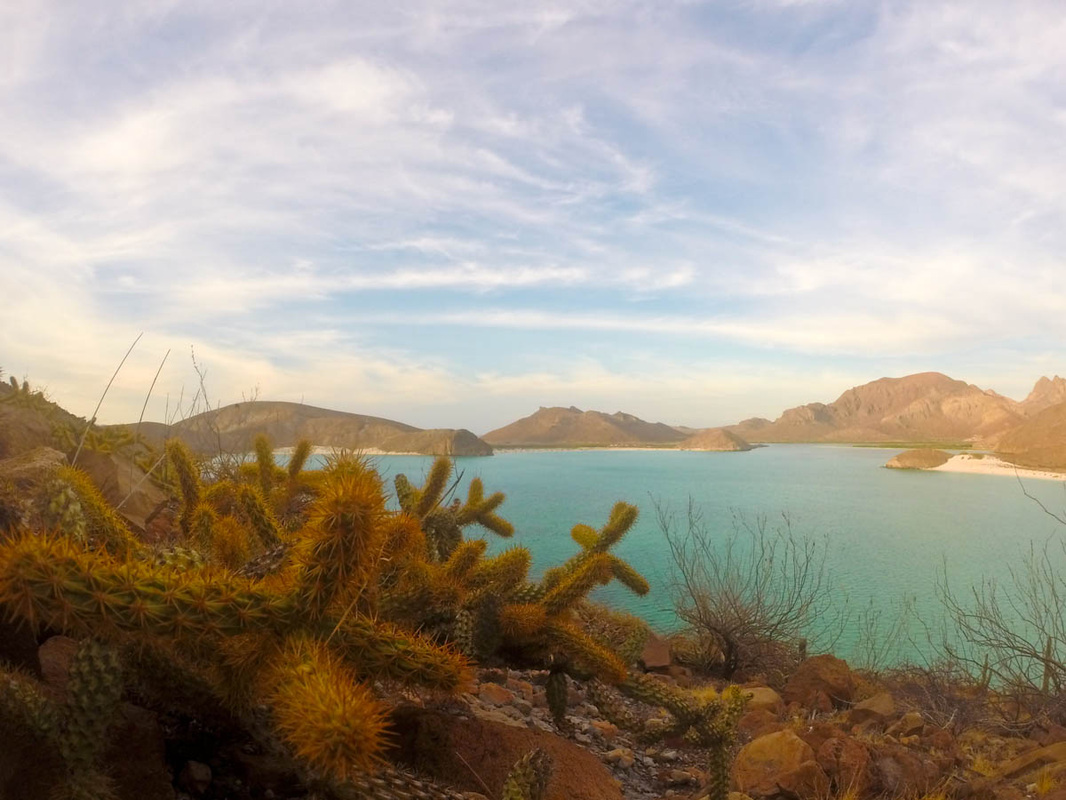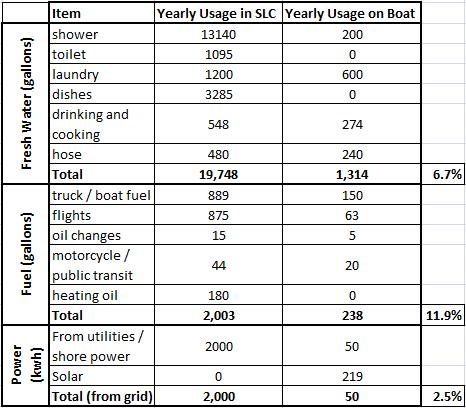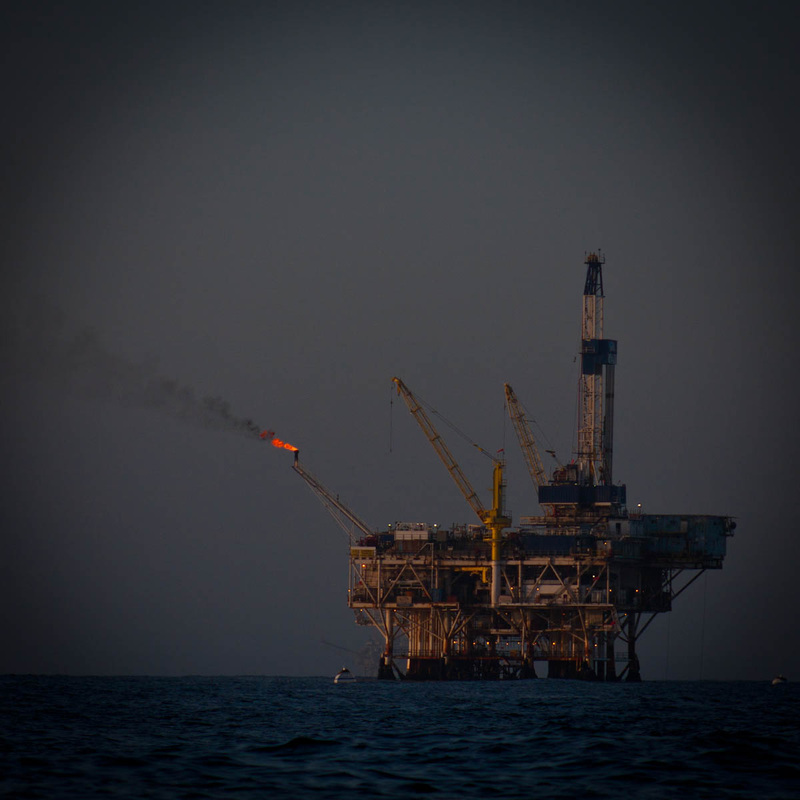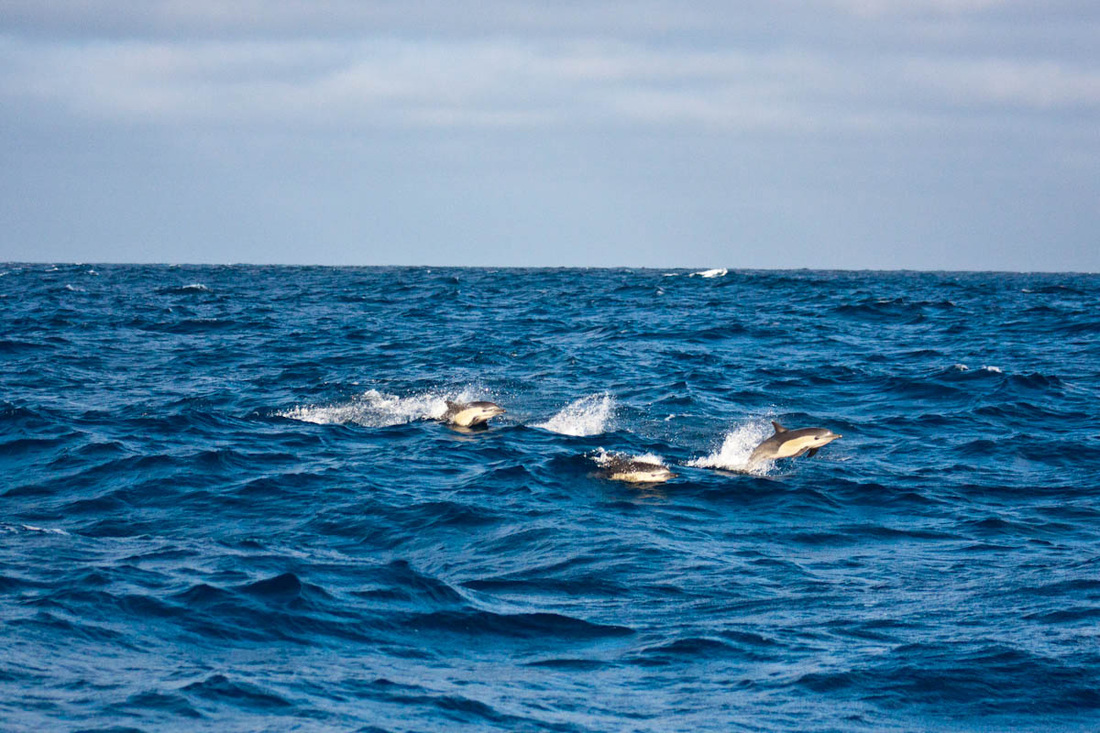Towards the end of my time at Black Diamond, I grew interested in environmental impact. I saw the number of products that we built every day, the raw materials that went into each product, the energy needed to transform the raw materials into a finished good, and the shipment of all the materials and products. It was immediately obvious that we expended huge amounts of energy to accomplish these things and I figured that, because of the scale, tiny improvements in efficiency would result in large overall gains. I did a lot of reading and started to learn more and more about how companies account for energy usage and how they work to reduce their impact upon the environment.
Before working to reduce your impact, however, it is helpful to develop a baseline: How much energy / water / fuel are we using? This helps you understand which items are your biggest offenders (always tackle the low hanging fruit first) and it also allows you to measure gains from year to year. At Black Diamond, this was all in the context of the overall organization, but in the back of my mind, I always wondered how much impact I had as an individual.
Before working to reduce your impact, however, it is helpful to develop a baseline: How much energy / water / fuel are we using? This helps you understand which items are your biggest offenders (always tackle the low hanging fruit first) and it also allows you to measure gains from year to year. At Black Diamond, this was all in the context of the overall organization, but in the back of my mind, I always wondered how much impact I had as an individual.
When I was considering departing from Black Diamond to go on an adventure, I had three different options bouncing around in my head (besides this sailing adventure). One of the biggest draws to sailing, for me, was the low level of environmental impact. I was sitting in the cockpit this afternoon, looking out across the bay, and I decided I ought to perform a quick inventory to compare my old life on land to my new life on the Rascal. The results are pretty satisfying and it’s interesting to see where the biggest improvements exist.
Because I only have a water capacity of about 32 gallons on the boat, I’m very sparing with my water use. Most of my impact comes when I’m in a marina hosing off the boat, taking a real shower (as opposed to swimming in the ocean!), and doing laundry. As just one person, I have enough water capacity to go for about 50 days without needing to worry about catching rainwater or stopping someplace to fill tanks. I typically use salt water for dishes and sometimes cooking, which is also really helpful. I’m currently using 93% less water than I did on land.
I always figured that transportation was my area of largest impact (between the gas guzzling truck and the flights back and forth across the pacific) and the thought of using the wind to propel me was exceptionally compelling. The Rascal still has an engine (a very efficient small diesel), but I try to only use it for maneuvering in marinas and at times when safety might be a concern (bar crossings, crowded channels, or big storms). I reckon I’ll probably only fly home once per year and even that ends up accounting for about a quarter of my impact. Overall, I’m using 88% less fuel than I did on land.
I always figured that transportation was my area of largest impact (between the gas guzzling truck and the flights back and forth across the pacific) and the thought of using the wind to propel me was exceptionally compelling. The Rascal still has an engine (a very efficient small diesel), but I try to only use it for maneuvering in marinas and at times when safety might be a concern (bar crossings, crowded channels, or big storms). I reckon I’ll probably only fly home once per year and even that ends up accounting for about a quarter of my impact. Overall, I’m using 88% less fuel than I did on land.
I’m in the process of installing some Goal Zero solar panels and once everything is all setup, I’ll be a lot more independent. Right now, I’ve been charging my batteries when I run the engine and occasionally plugging into shore power in the marina to top them up. As it is, I’m using way less power (no AC, no TV, no electric heater, minimal lighting / electronic use) and soon I’ll be totally off the grid. For the purpose of this analysis, I included the power used in doing laundry, occasionally topping up batteries, and using power tools in the marina. It amounts to about 3% of what I used last year.
There are obviously still places where I could improve, but I’m proud of the changes I’ve made. If I ever go back to living on land, I’ll definitely be able to live with less. I published my results, not with the intention of bragging, but to get folks to think about where they might be able to improve. It’s relatively easy to perform one of these analyses (just google things like “water usage shower” and “fuel economy of airplanes” and page through old utility bills). Once you know how much you’re using, it’s a lot easier to make improvements. For instance, I would never have suspected that more than half of my water usage came from showering. Perhaps I should’ve taken shorter showers or bought one of those new fangled shower heads. It’s also instructive to take these usage numbers and attempt to convert them to dollars and cents. I was spending thousands and thousands of dollars on fuel before I moved onto my boat, and now I expect it’ll add up to just under a thousand per year.
There are obviously still places where I could improve, but I’m proud of the changes I’ve made. If I ever go back to living on land, I’ll definitely be able to live with less. I published my results, not with the intention of bragging, but to get folks to think about where they might be able to improve. It’s relatively easy to perform one of these analyses (just google things like “water usage shower” and “fuel economy of airplanes” and page through old utility bills). Once you know how much you’re using, it’s a lot easier to make improvements. For instance, I would never have suspected that more than half of my water usage came from showering. Perhaps I should’ve taken shorter showers or bought one of those new fangled shower heads. It’s also instructive to take these usage numbers and attempt to convert them to dollars and cents. I was spending thousands and thousands of dollars on fuel before I moved onto my boat, and now I expect it’ll add up to just under a thousand per year.




 RSS Feed
RSS Feed
